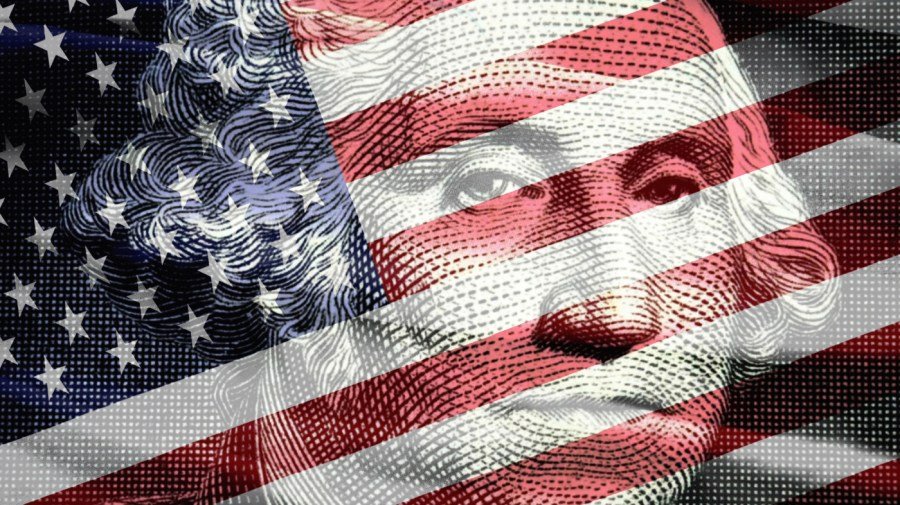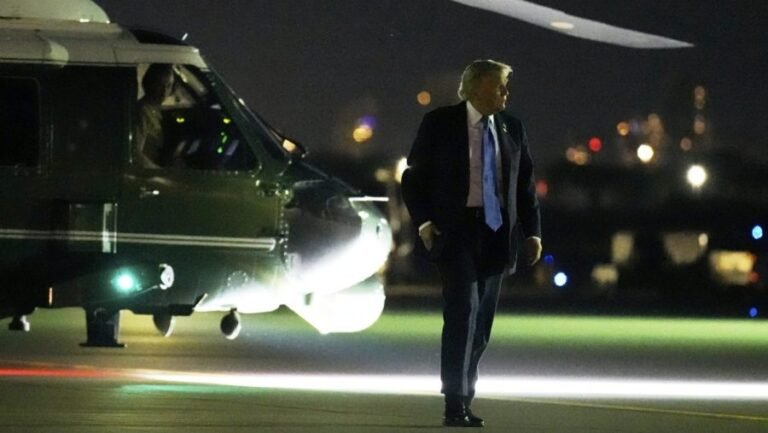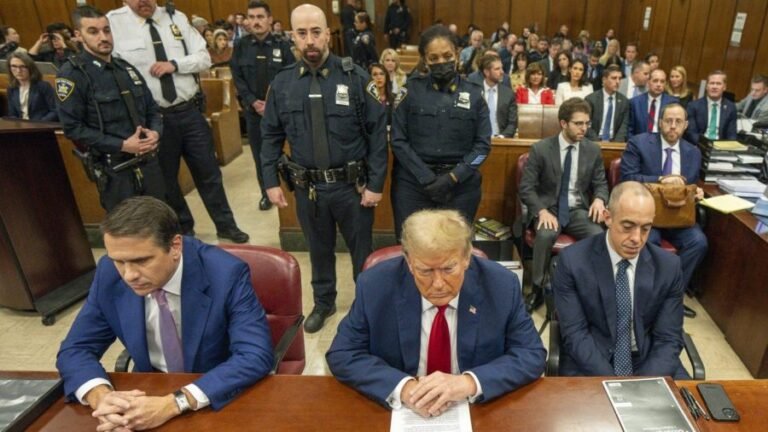
Since the founding of the United Nations eight decades ago, the U.S. has been the largest financier of the organization and its affiliated agencies, funds and programs. Year after year, American taxpayer dollars are sent virtually on autopilot, largely based on prior payments, with little scrutiny as to whether those payments serve American interests.
That is about to change.
President Trump has a record of skepticism when it comes to international organizations. He called the U.N. a “club for people to get together, talk and have a good time” in 2016; a few months later, he chided it as an “underperformer” with huge potential. In 2017, Trump told the U.N. that “no nation should have to bear a disproportionate share of the burden, militarily or financially.”
But that criticism was balanced by a willingness to work with other governments to address U.S. concerns. For instance, Trump withdrew from the U.N. Human Rights Council and the World Health Organization after other governments rejected his calls for reforms. But he was happy to engage with the Universal Postal Union after it addressed his complaints about China’s abuse of shipping rules.
This treatment was meaningful but intermittent in Trump’s first term. In a Feb. 4 executive order, he has made clear that he will be far more systematic in his second term.
That order instructs the secretary of State, in coordination with the U.S. ambassador to the United Nations, to “conduct a review of all international intergovernmental organizations of which the United States is a member and provides any type of funding or other support” to determine which organizations are “contrary to the interests of the United States” and provide recommendations on whether the U.S. should withdraw.
This review is long overdue. The last time the U.S. conducted a similar exercise, albeit in a far less rigorous manner, was under the Clinton administration, and led the U.S. to withdraw from the U.N. Industrial Development Organization and a few other small organizations.
This is a disservice to American taxpayers. The U.S. provides funding to more than 140 international organizations. In fiscal 2023, the U.S. paid over $16 billion to those organizations, of which approximately three-quarters went to the U.N. and its affiliated organizations. Elected officials have a duty to be good stewards of tax dollars. The failure to scrutinize how billions of dollars support U.S. interests is gross negligence because, in some cases, that money is not supporting American interests.
In fact, in some cases it undermines them.
An egregious example is the United Nations Relief and Works Agency for Palestine Refugees in the Near East, or UNRWA. Created as a temporary initiative to assist Palestinian refugees from the 1948 Israeli-Arab war, UNRWA has become a permanent institution perpetuating the conflict.
It incites “hatred, antisemitism and terrorism” through the curricula in UNRWA schools. It has been infiltrated by Hamas and other terror groups, which use UNRWA schools and hospitals to shield weapons and fighters. Shockingly, UNRWA employees have been accused of participating in the Oct. 7, 2023 terrorist attack that resulted in 1,200 murdered Israelis and 250 hostages. Trump rightly cut U.S. funding to UNRWA — it does not deserve American support, and it should be eliminated.
There are other examples.
The Human Rights Council has been found to be deeply biased against Israel and routinely ignores serious human rights violations by China, Cuba, Pakistan, Zimbabwe and other governments. The United Nations Educational, Scientific and Cultural Organization, or UNESCO, is likewise biased against Israel, and granted the “State of Palestine” full membership in 2011. This action triggered a U.S. law prohibiting American funding for bodies that recognize Palestine, which is intended to encourage peace negotiations and Palestinian recognition of Israel.
The UN Framework Convention on Climate Change, which focuses on climate change issues like the Paris Agreement that Trump pulled out of on Jan. 20, likewise granted membership to the Palestinians, which should lead the U.S. to withdraw and withhold funding as it did with UNESCO. Then there is the World Health Organization and its inept response to the COVID pandemic.
But some parts of the U.N. system perform valuable tasks and deserve continued U.S. participation and funding. The International Atomic Energy Agency, which monitors nuclear programs, is very useful. Technical agencies like the International Civil Aviation Organization and the International Telecommunication Union help set rules and standards that benefit the U.S. and ordinary Americans. And the U.N., especially the U.N. Security Council where the U.S. can veto objectionable actions, occasionally supports U.S. priorities like sanctioning North Korea and Iran.
The U.N. system is ripe for a top to bottom assessment. The review ordered by Trump will find duplication, inefficiency and instances where an organization contributes little to U.S. interests or even undermines them. The review will also find that specific U.N. organizations serve vital U.S. interests. If this examination leads the U.S. to shift participation and support to reflect U.S. interests and enhance American influence over their policies, it will undoubtedly benefit the nation.
However, the executive order directing that review does not freeze U.S. funding. It makes little sense to fund organizations that the review might conclude are “contrary to the interests of the United States.” The administration should make clear its intent to halt such funding, unless it supports a vital U.S. short-term interest, until the conclusion of the review so American funding can be aligned with U.S. interests.
Brett D. Schaefer is a senior fellow at the American Enterprise Institute.


